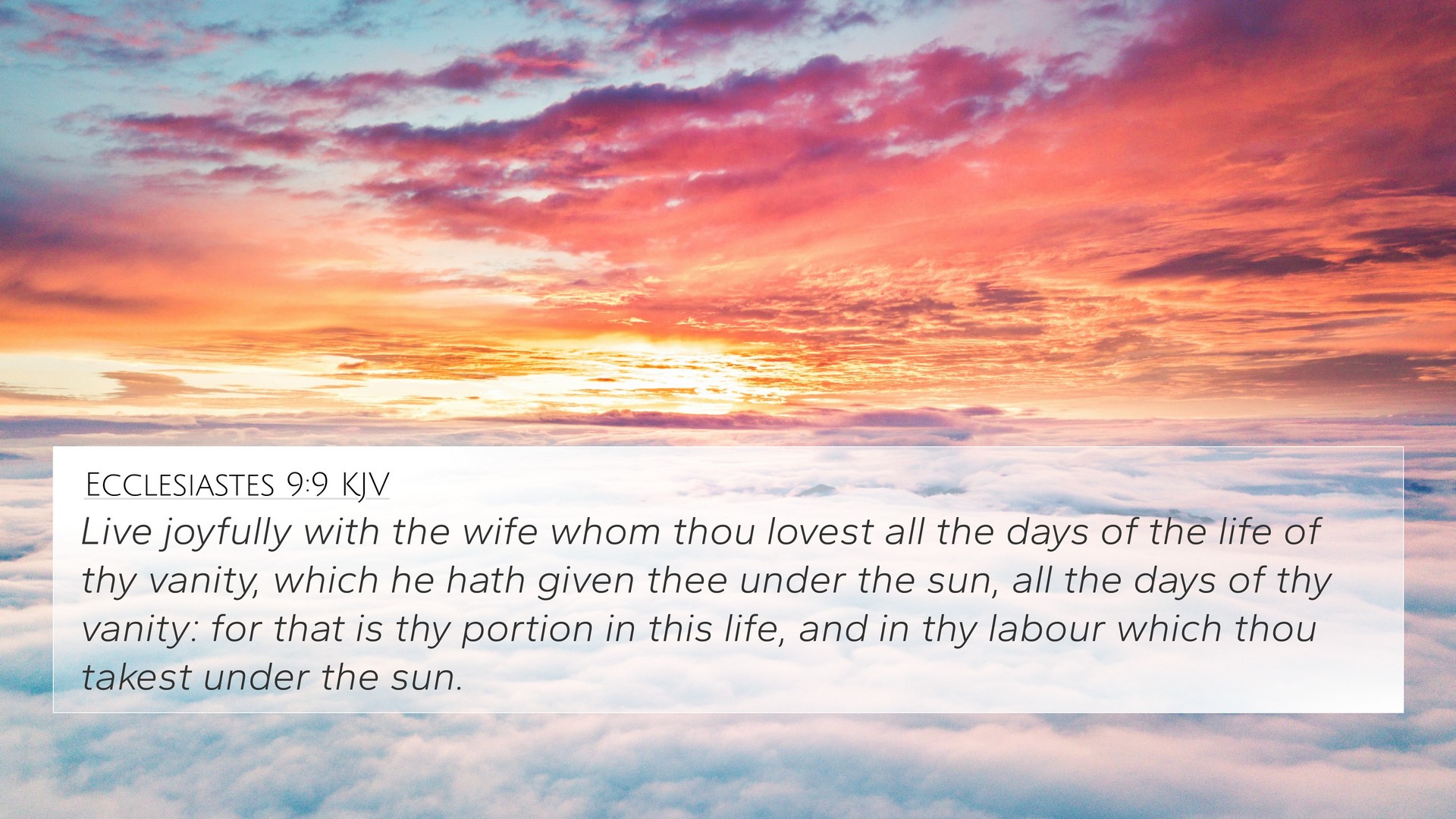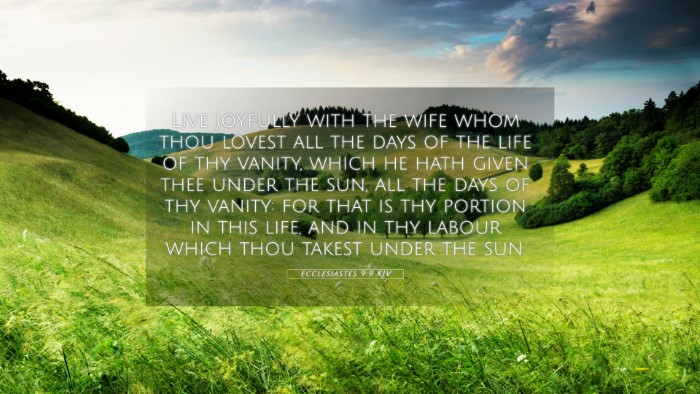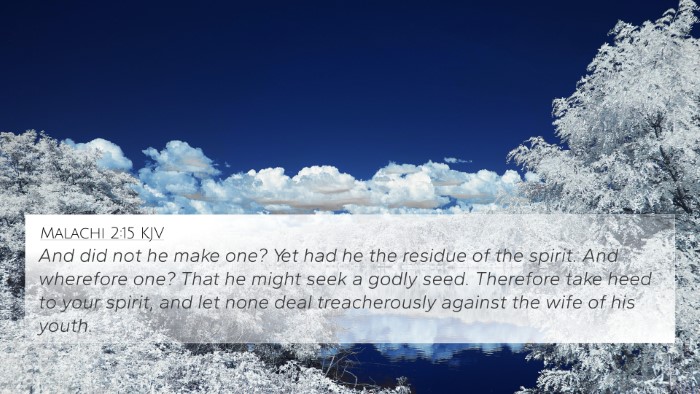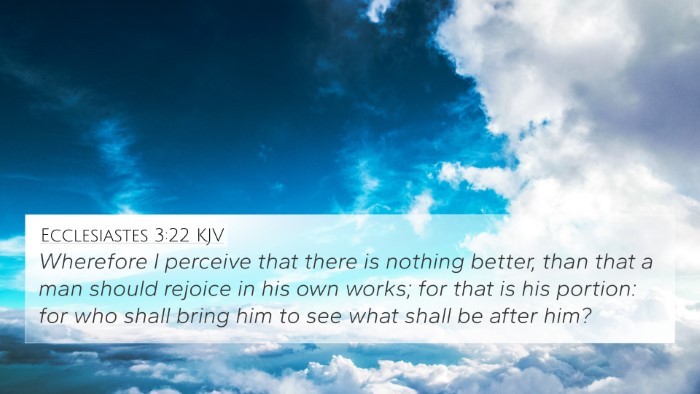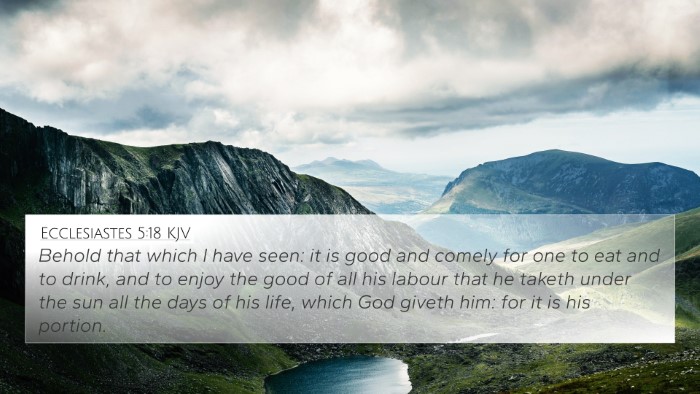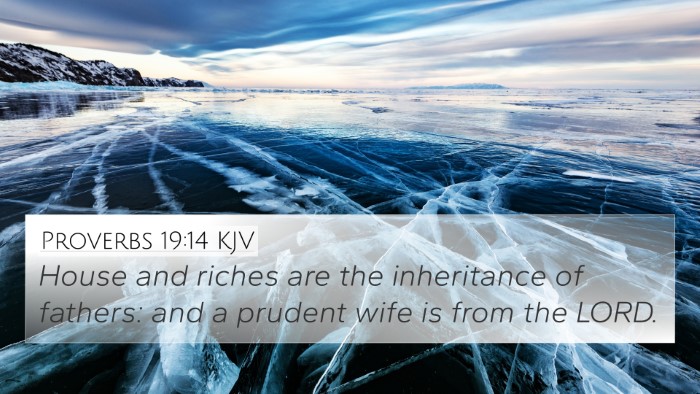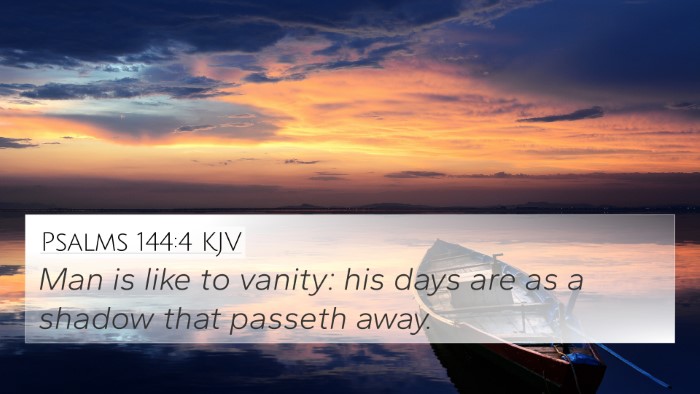Understanding Ecclesiastes 9:9
Ecclesiastes 9:9 states: "Live joyfully with the wife whom thou lovest all the days of the life of thy vanity, which he hath given thee under the sun, all the days of thy vanity: for that is thy portion in this life, and in thy labour which thou takest under the sun." This verse communicates essential life wisdom regarding marriage, joy, and the fleeting nature of life.
Meaning and Interpretation
This verse encourages a joyful engagement in life's pursuits, specifically highlighting the importance of cherishing one’s spouse amid the vanity and transitory nature of earthly existence. Let’s explore the insights from various public domain commentaries.
Insights from Matthew Henry
Matthew Henry emphasizes that the enjoyments of life, particularly those found in marriage, should be embraced fully. He suggests that marital love is a divine gift and encourages an attitude of gratitude and appreciation for the companion provided by God. Henry points out that even amidst the “vanity” of life, the love shared between spouses can be a source of happiness and fulfillment.
Insights from Albert Barnes
Albert Barnes takes a slightly different angle, noting that the phrase “life of thy vanity” signifies the brevity and often sorrowful nature of human existence. He argues that this verse advocates for a positive focus on the joyful moments available in marriage, serving as a reminder that life is short and should be lived fully. Barnes illustrates this point by encouraging readers to invest emotionally and spiritually in their relationships.
Insights from Adam Clarke
Adam Clarke contributes by discussing the cultural context of marriage in biblical times. He discusses how the verse highlights the importance of companionship in life’s journey. Clarke also mentions that the joys of marriage should be favored and cherished given the trials inherent in life. By focusing on mutual love and joy, one can navigate the challenges of existence more effectively.
Connections to Other Bible Verses
Ecclesiastes 9:9 resonates with several other biblical texts that explore themes of love, joy, and the temporal nature of life. Here are some Bible verse cross-references that illuminate these connections:
- Proverbs 18:22: "Whoso findeth a wife findeth a good thing, and obtaineth favour of the LORD." This verse highlights the blessing of marital companionship.
- Song of Solomon 2:16: "My beloved is mine, and I am his." This captures the deep bond shared between husband and wife.
- Ephesians 5:25: "Husbands, love your wives, even as Christ also loved the church, and gave himself for it." This emphasizes sacrificial love within marriage.
- Philippians 4:4: "Rejoice in the Lord always: and again I say, Rejoice." This calls for joy regardless of circumstances.
- 1 Peter 3:7: "Likewise, ye husbands, dwell with them according to knowledge, giving honour unto the wife." This stresses understanding and honoring spouses.
- Psalm 127:3: "Lo, children are an heritage of the LORD: and the fruit of the womb is his reward." This ties to the joy found in family.
- 1 Corinthians 7:28: "But and if thou marry, thou hast not sinned; and if a virgin marry, she hath not sinned." This affirms the honoring of marital commitments.
Thematic Connections
This verse exemplifies several themes worthy of exploration:
- Joy in Relationships: Highlighted throughout the text, joy is a recurrent theme in scripture, particularly within the context of marital love.
- Temporal Existence: The notion of "vanity" in Ecclesiastes connects with other depictions of life's fleeting nature, emphasizing the need to cherish our days.
- God's Gifts: Recognizing marriage as a divine gift received is a common biblical motif, enriching our understanding of partnership.
Conclusions
Ecclesiastes 9:9 invites readers to live joyfully with their spouses amid life's uncertainties. Through the examination of this verse and its connections to other scripture, we see a manifestation of God's will for humanity—to foster love and happiness in our relationships while recognizing the brevity of time.
In studying this verse, one can utilize various tools for Bible cross-referencing to delve deeper into the scriptural interconnections, enhancing understanding through thematic bible verse parallels and comparative Bible verse analysis. Approaching the Bible through cross-referencing can unlock rich insights for both personal growth and communal teaching.
